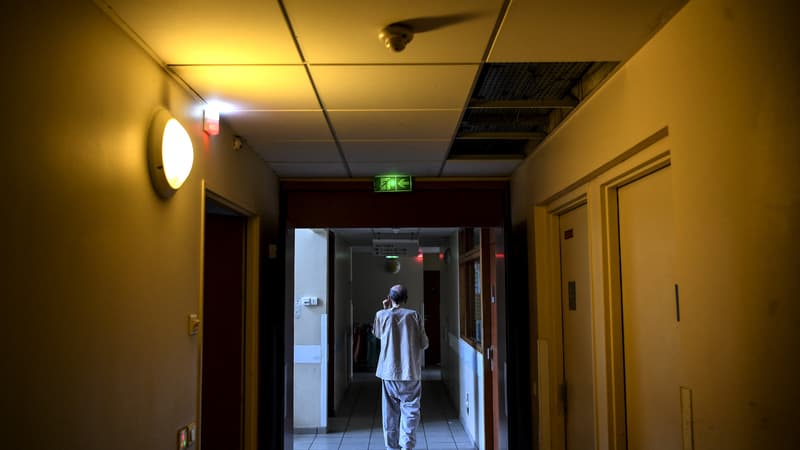Half of the people who have experienced mental health problems found at least once an access problem to care, according to a survey published on Tuesday, March 25 by the Federation of Public Hospitals (FHF).
According to this Ipsos survey conducted with 1,500 people, representative of the French population, 23% of respondents say they were affected by a mental health problem, the proportion amounted to 34% among children under 35 years of age.
And among them, 52% say that at least they had had difficulty accessing attention, such as the impossibility of having an appointment with a psychiatrist (raised by 22% of people who have had a mental health problem).
Access to “very degraded” care
Similarly, among these people who have had a mental pathology, 35% say they had had difficulties related to their treatment, whether it is a difficulty in obtaining renewal in due time or rupture of a drug stock.
“Access to mental health care is still very degraded,” said FHF president, also mayor (Horizons) in Reims, in the French press agency in the FHF press agency.
“In psychiatry rather than other places, services are saturated. The medical (public) centers are often on the waiting list and general professionals are overwhelmed,” he said.
In the field, according to the elected official, “many mayors face these situations of people with mental or psychiatric disorders that decompress due to lack of monitoring of their treatment”, with “a complete series of consequences” on cohabitation with neighbors or the general population.
Children and youth increasingly affected by Covir
Other figures published by the FHF show a much stronger increase than expected of the consumption of psychiatric care in children and young people.
In 2024, children aged 5 to 19 had a consumption of psychiatric care at the 32% upper hospital to what was expected (given previous trends).
For dependence management (addictions and alcoholism), young people aged 10-25 are present at 2024 hospitalization levels of 62% higher than expected for young people from 10 to 15 years, 17% for young people from 15 to 20 years and 13% for young people from 20 to 30 years, according to these figures.
These indicators of the degradation of the mental health of young people have “undoubtedly to do with the shock of the covid and successive confinements, which we know very striking for many young and adolescents,” according to Arnaud Robinet. “But another hypothesis, backed by our survey, is that the increase in the use of the hospital results in difficulties to access upstream” (city medicine), says the official.
Source: BFM TV


